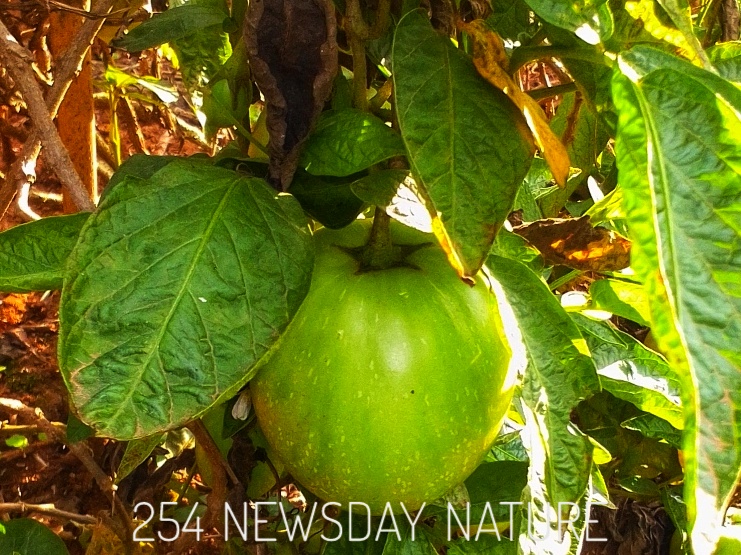 |
| Pepino Dulce at a farm in Murang'a County, Kenya. |
IN BRIEF:
- The pepino dulce is a unique and delicious fruit that has a variety of culinary uses and potential health benefits. While it should be consumed in moderation due to its solanine content, it can be a healthy and flavorful addition to a balanced diet.
Solanum muricatum, commonly known as pepino dulce or sweet cucumber, is a species of perennial shrub in the Solanaceae family, which is native to South America. It is grown for its sweet and juicy fruit, which resembles a melon and is commonly eaten raw.
The pepino dulce plant grows up to 1.5 meters in height and has a bushy growth habit. The leaves are large, hairy, and have a soft texture.
The flowers are white or purple and are followed by the fruit, which can be up to 15 centimeters in length and 10 centimeters in diameter. The fruit has a yellow-green skin and is filled with a sweet, juicy pulp that contains numerous small, edible seeds.
The pepino dulce is cultivated primarily in its native range, as well as in New Zealand, Australia, and parts of Europe. It requires a warm and humid climate and well-draining soil. The plant is typically propagated through cuttings, and it can take up to 18 months for the plant to produce fruit.
In addition to being consumed fresh, the fruit of the pepino dulce can be used in a variety of culinary applications, including desserts, jams, and sauces. It is also sometimes used as a substitute for melon or cucumber in recipes.
The pepino dulce has a number of potential health benefits, as it is a good source of vitamins C and A, as well as potassium and fiber. It also contains a range of antioxidants, which may help to protect against certain diseases.
However, it is important to note that the pepino dulce contains solanine, a toxic substance found in some members of the Solanaceae family.
While the levels of solanine in the fruit are generally considered to be low and not harmful, individuals with sensitivity to solanine may experience symptoms such as gastrointestinal upset and headache.

